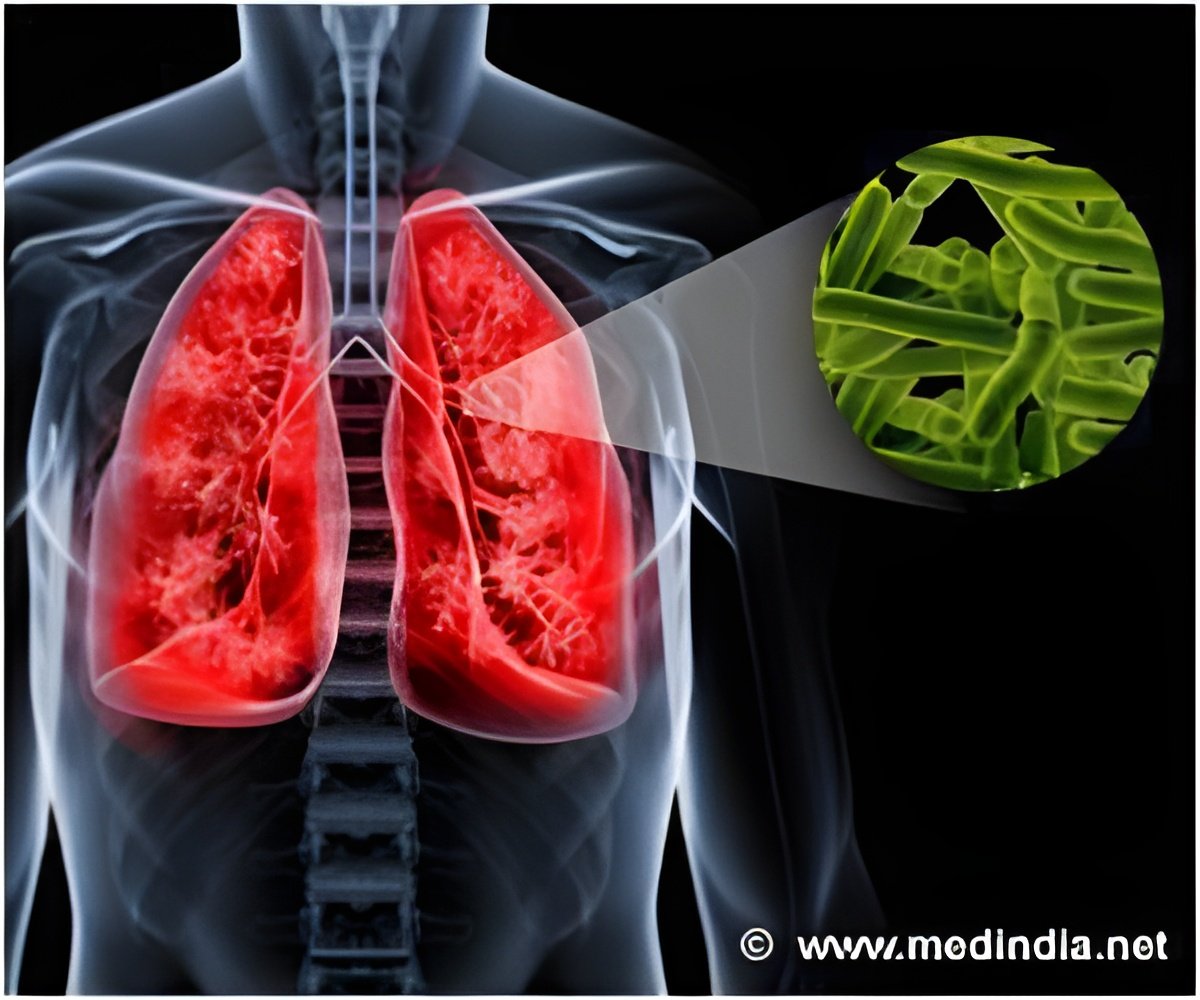that occurs in the structure of the heart and great vessels. This can lead to several problems, including blood flow changes, poorly developed heart valves,
.
Babies born with CHD usually have breathing trouble, poor weight gain, poor circulation, and tiring easily. The cause of congenital heart defect is unknown, but research suggests that CHD is hereditary or associated with a genetic condition.
Smoking during pregnancy, premature birth, and mothers with chronic health issues increase the risk of CHD.
There are several types of CHD. The common types include
Some defects are milder than others. Mild heart defects may not require treatment. However, complex heart defects may require open-heart surgery and sometimes more than one surgery, or a heart transplant.
There is no cure for CHD. However, treatment can greatly enhance the quality of life and add years to a child’s life.
How to Observe?
Health organizations hold a variety of events during the day. These events include charity races, heart walks, symposiums, and informational presentations. To participate:
- If you were born with CHD, or have a child with CHD, share your story.
-
Donate to a heart organization supporting CHD research. -
Wear a red and blue CHD awareness ribbon. -
Support the campaign by sharing facts on social media with #CongenitalHeartDefectAwarenessWeek or #CHDAwarenessWeek.
Facts
- CHDs affect nearly 1% or about 40,000 births per year in the United States.
-
The most common type of heart defect is a ventricular septal defect (VSD). -
About 1 in 4 babies with CHD have a critical CHD that needs surgery in their first year of life. -
CHDs are a leading cause of birth defect-associated infant illness and death. -
Infant survival with CHDs depends on the severity, diagnosis time, and treatment. -
About 95% of babies born with a non-critical CHD are expected to survive to 18 years of age. -
About 69% of babies born with critical CHDs are expected to survive to 18 years of age. -
About 4 in every 10 adults with heart defects have a disability, with cognitive disabilities. (trouble concentrating, remembering, or making decisions) being the more common. -
At least 15% of CHDs are associated with genetic conditions. -
Children with CHD are 50% more likely to receive special education services compared to children without birth defects.
References:
- Data and Statistics on Congenital Heart Defects
– (https://www.cdc.gov/ncbddd/heartdefects/data.html) - Congenital Heart Defects
– (https://www.heart.org/en/health-topics/congenital-heart-defects) - Congenital Heart Defects Awareness Day
– (http://www.chdinfo.com/chdaware.php)
Source: Medindia



